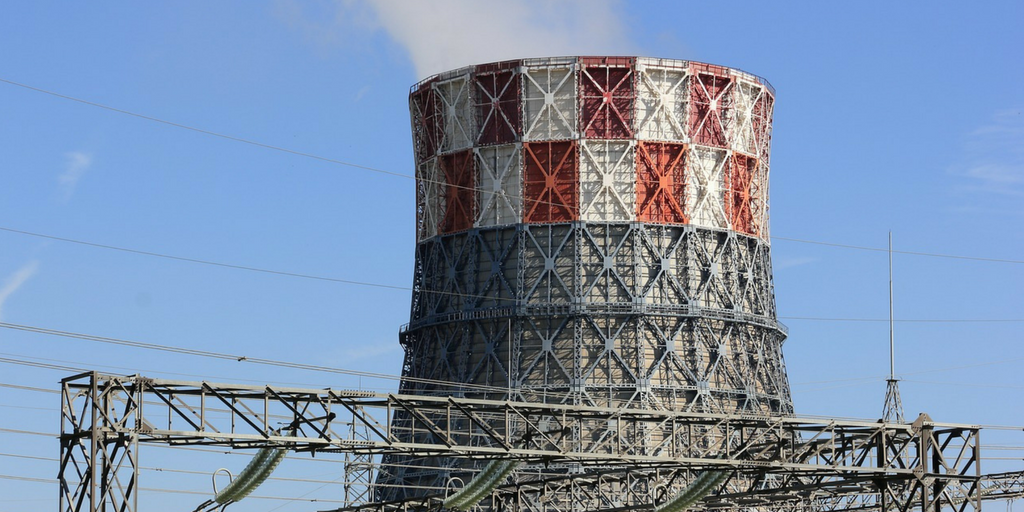Gacko II, Bosnia and Herzegovina
The Republika Srpske government plans to build a new 350 MW lignite power plant in Gacko, near the town’s existing plant. After years of stagnation, in August 2022 it was reported that the Czech company Witkowitz was considering investing in the project.

Stay informed
We closely follow international public finance and bring critical updates from the ground.
Background
In December 2017, a Memorandum of Understanding was signed between state-owned utility Elektroprivreda Republike Srpske, the China Machinery and Engineering Corporation (CMEC) and Emerging Markets Power Fund, to build a new 350 MW lignite power plant in Gacko, near the town’s existing plant. After years of stagnation, in August 2022 it was reported that the Czech company Witkowitz was considering investing in the project. However, it is still unclear where financing would come from.
As is too often the case in southeast Europe, there has been no convincing analysis proving that this plant is needed or that it would be the best way to provide Bosnia-Herzegovina’s energy supply in the coming years.
In April 2018 an analysis by economist Damir Miljević showed that fatal flaws in the input data make it highly likely the plant will generate losses. Three out of the main data inputs for the official feasibility study – the price of coal, electricity sales price, and the price of CO2 – are unrealistic:
- A realistic price of coal is mentioned in the study as just over EUR 18 per tonne – yet the amount used in the calculation is much lower, around EUR 13.3 per tonne.
- The Study foresees export of all the electricity generated, at a price of EUR 50 per MWh, except in exceptional cases when 30% would be sold on the domestic market at EUR 19.90 per MWh. There no evidence that the electricity would find a market in the long term and that it could be sold at this price. Moreover, the scenario including 30% of electricity being sold domestically is not even examined in the calculation – if it was it would show that the plant is unprofitable.
- A CO2 price of EUR 5 per tonne is mentioned in the text, but not included in the feasibility calculation. Including even this very low CO2 price in the calculation would take the plant into the realm of unprofitability.
The analysis concludes that although the official feasibility study for Gacko II claims it would generate profit of around EUR 23 million per year, with more realistic input data, a loss of minimum EUR 1.15 million per year looks more likely.
By now the study is also very much out of date, and the impacts of the EU’s planned Carbon Border Adjustment Mechanism would need to be taken into account for any electricity planned for export.
A March 2023 study by IEEFA found that Gacko II would become a stranded asset under several scenarios, even with generous assumptions that favour lignite generation, and that financing for the project is uncertain. The study also found that investing in onshore wind and utility-scale solar PV would offer safer and improving returns, quicker construction and cleaner power, as well as better access to financing.
In October 2023, an environmental impact assessment process began for the project.
Latest news
Western Balkans decarbonisation is urgent: but the EU enlargement package is still sending mixed signals
Blog entry | 10 November, 2023The European Commission’s annual reports on the Western Balkan countries’ EU accession progress vary considerably on decarbonisation, sending mixed messages on coal and especially gas. The EU needs to take a more consistent approach if the region is to achieve decarbonisation by 2050 at the latest.
Read moreBosnia and Herzegovina’s draft NECP: The good, the bad and the ugly
Blog entry | 20 July, 2023Bosnia and Herzegovina’s draft NECP finally looks to the future, plans no new fossil fuel power plants and significantly scales back unrealistic hydropower plans. But existing coal plants are to keep operating illegally and the draft is furtive about coal-to-biomass plans.
Read moreNew report – deadly legal breaches by Western Balkan coal plants increased in 2022
Press release | 28 June, 2023In 2022, deadly air pollution from the Western Balkans’ coal power plants increased compared to 2021, according to the fifth edition of Bankwatch’s Comply or Close report, published today (1). Emissions of all three regulated pollutants – sulphur dioxide (SO2), dust and nitrogen oxides (NOx) grew, and for the first time, the region’s overall limit for NOx was breached.
Read moreRelated publications
The Western Balkans residential Green Economy Financing Facility: Results so far and recommendations for further action
Briefing | 31 January, 2024 | Download PDFThis briefing assesses the effectiveness of the energy efficiency credit lines for households financed through the Green Economy Financing Facility, in terms of environmental sustainability and attractiveness for users in all six Western Balkan countries.
Comply or Close 2023: five years of deadly legal breaches by Western Balkan coal plants
Report | 28 June, 2023 | Download PDFThe end of 2022 marked five years since new air pollution standards entered into force in the Western Balkans on 1 January 2018. Yet the deadly air pollution from the region’s mostly antiquated coal power plants has hardly decreased at all. In fact, in 2022 it increased compared to 2021 for all three regulated pollutants
The Western Balkan power sector: between crisis and transition
Report | 5 December, 2022 | Download PDFAs energy transition in the Western Balkans slowly proceeds, energy crisis has hit the region on four fronts: electricity prices, technical problems at coal plants, lack of water for hydropower, and skyrocketing biomass prices. This crisis is both a se
